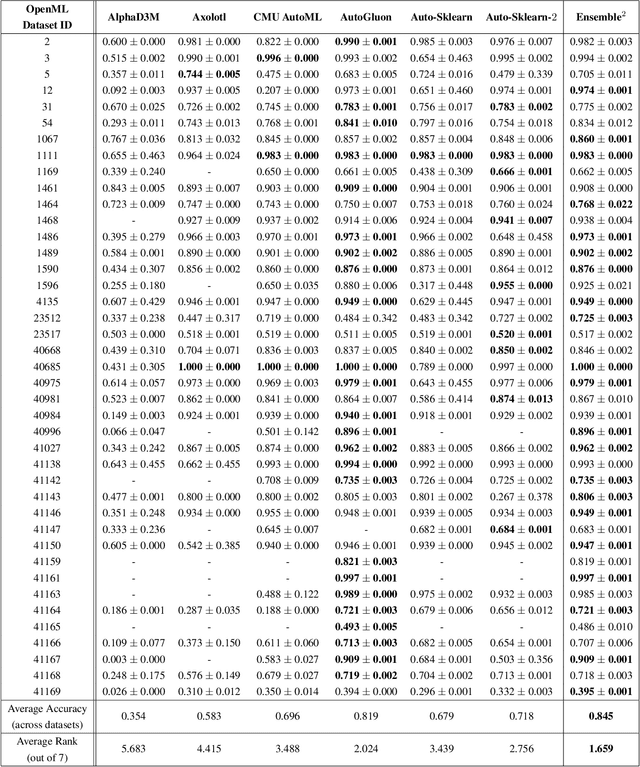Jason Yoo
Online Continual Learning of Video Diffusion Models From a Single Video Stream
Jun 07, 2024Abstract:Diffusion models have shown exceptional capabilities in generating realistic videos. Yet, their training has been predominantly confined to offline environments where models can repeatedly train on i.i.d. data to convergence. This work explores the feasibility of training diffusion models from a semantically continuous video stream, where correlated video frames sequentially arrive one at a time. To investigate this, we introduce two novel continual video generative modeling benchmarks, Lifelong Bouncing Balls and Windows 95 Maze Screensaver, each containing over a million video frames generated from navigating stationary environments. Surprisingly, our experiments show that diffusion models can be effectively trained online using experience replay, achieving performance comparable to models trained with i.i.d. samples given the same number of gradient steps.
Layerwise Proximal Replay: A Proximal Point Method for Online Continual Learning
Feb 14, 2024



Abstract:In online continual learning, a neural network incrementally learns from a non-i.i.d. data stream. Nearly all online continual learning methods employ experience replay to simultaneously prevent catastrophic forgetting and underfitting on past data. Our work demonstrates a limitation of this approach: networks trained with experience replay tend to have unstable optimization trajectories, impeding their overall accuracy. Surprisingly, these instabilities persist even when the replay buffer stores all previous training examples, suggesting that this issue is orthogonal to catastrophic forgetting. We minimize these instabilities through a simple modification of the optimization geometry. Our solution, Layerwise Proximal Replay (LPR), balances learning from new and replay data while only allowing for gradual changes in the hidden activation of past data. We demonstrate that LPR consistently improves replay-based online continual learning methods across multiple problem settings, regardless of the amount of available replay memory.
BayesPCN: A Continually Learnable Predictive Coding Associative Memory
May 20, 2022



Abstract:Associative memory plays an important role in human intelligence and its mechanisms have been linked to attention in machine learning. While the machine learning community's interest in associative memories has recently been rekindled, most work has focused on memory recall ($read$) over memory learning ($write$). In this paper, we present BayesPCN, a hierarchical associative memory capable of performing continual one-shot memory writes without meta-learning. Moreover, BayesPCN is able to gradually forget past observations ($forget$) to free its memory. Experiments show that BayesPCN can recall corrupted i.i.d. high-dimensional data observed hundreds of "timesteps" ago without a significant drop in recall ability compared to the state-of-the-art offline-learned associative memory models.
Ensemble Squared: A Meta AutoML System
Dec 10, 2020



Abstract:The continuing rise in the number of problems amenable to machine learning solutions, coupled with simultaneous growth in both computing power and variety of machine learning techniques has led to an explosion of interest in automated machine learning (AutoML). This paper presents Ensemble Squared (Ensemble$^2$), a "meta" AutoML system that ensembles at the level of AutoML systems. Ensemble$^2$ exploits the diversity of existing, competing AutoML systems by ensembling the top-performing models simultaneously generated by a set of them. Our work shows that diversity in AutoML systems is sufficient to justify ensembling at the AutoML system level. In demonstrating this, we also establish a new state of the art AutoML result on the OpenML classification challenge.
 Add to Chrome
Add to Chrome Add to Firefox
Add to Firefox Add to Edge
Add to Edge